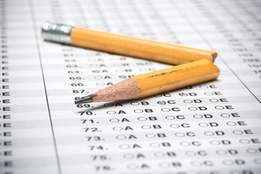1
a
: a lighthouse or other signal for guidance
b
: a radio transmitter emitting signals to guide aircraft
2
: a source of light or inspiration
… the beacon to the oppressed of all countries …— Adrienne Koch
Adrienne Koch
 Adrienne Koch
Adrienne Koch3
: a signal fire commonly on a hill, tower, or pole
beaconed; beaconing; beacons
: to shine as a beacon
… Adventure beaconed from far off, and his heart leapt to greet the light.— Maurice Hewlett
Maurice Hewlett
 Maurice Hewlett
Maurice Hewlett
: to furnish with a signal or a source of light or inspiration : to furnish with a beacon
Love words? Need even more definitions?
Merriam-Webster unabridged










Share